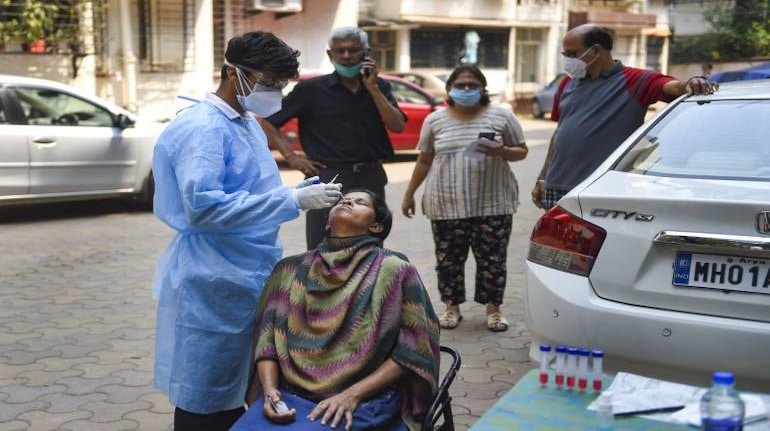



Mumbai on Wednesday recorded 1,539 new COVID-19 cases, the highest number of infections since October last year, an official from the Brihanmumbai Municipal Corporation said.
With this, the city's COVID-19 tally has reached 3,37,123, the official said.
According to the latest data from the civic body, five fatalities were reported in the city in the last 24 hours, raising the toll to 11,511. This is the first time since October 21, 2020 that Mumbai's single-day count has crossed the 1,500 mark.
As many as 21,615 samples were tested in the last 24- hours, taking the number of tests done so far to 34,75,744, the official said.
At least 888 patients were discharged from hospitals during the day, raising the number of recoveries to 3,13,346, he said. This leaves the city with 11,379 active cases, he said, adding that the average growth rate of infections in the city has increased to 0.32 per cent from 0.17 per cent on February 18.
The average doubling rate has come down to 215 days from 417 days, he said. The city currently has 25 containment zones in slums and chawls, while 229 buildings have been sealed, he added.
Follow our full coverage of the coronavirus pandemic here.
Discover the latest Business News, Sensex, and Nifty updates. Obtain Personal Finance insights, tax queries, and expert opinions on Moneycontrol or download the Moneycontrol App to stay updated!
Find the best of Al News in one place, specially curated for you every weekend.
Stay on top of the latest tech trends and biggest startup news.